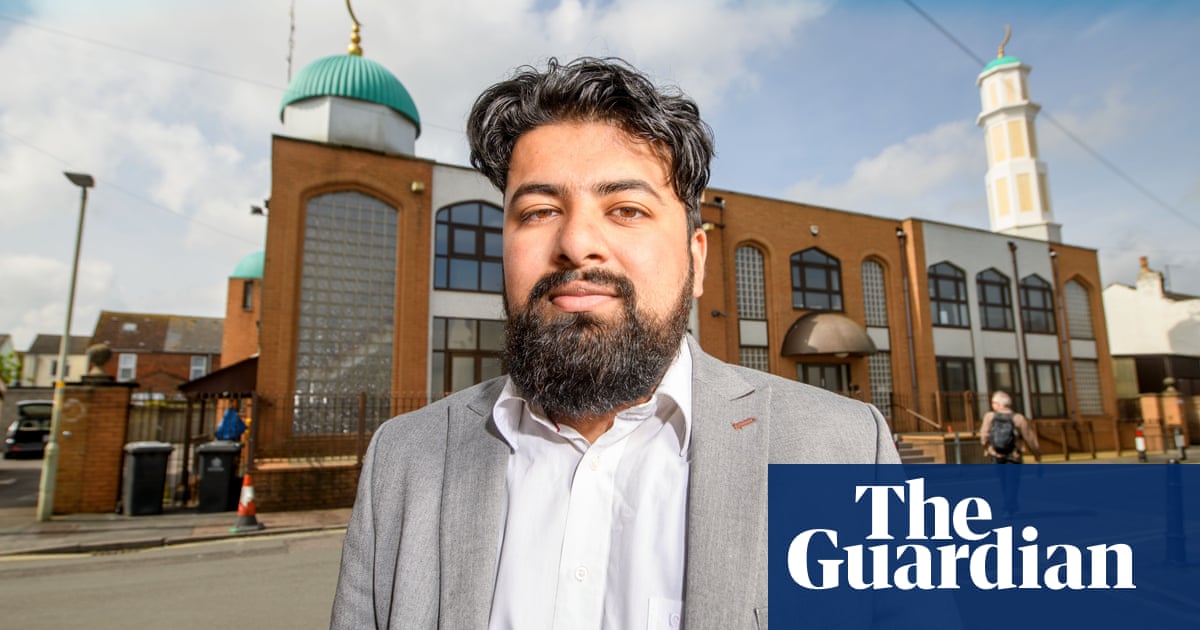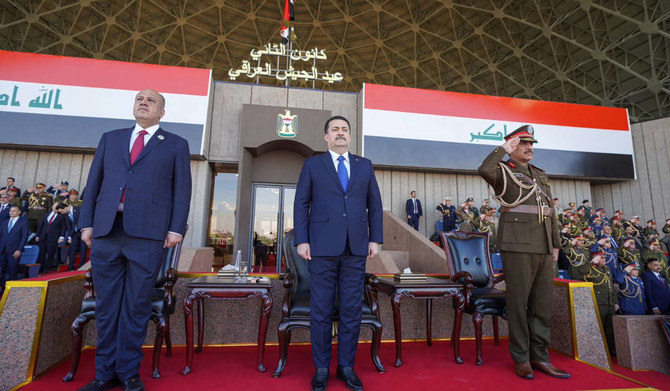
Sitting on over 153 billion barrels of proven oil reserves, Basra is one of the wealthiest cities in the world in natural resources. So why do Basrawis — like their fellow countrymen across Iraq — find themselves knee-deep in rubbish and untreated sewage, while never-ending power cuts leave locals sweltering in 50-degree temperatures? Because Iraq is the world’s biggest kleptocracy.
With mass demonstrations erupting in Basra and fanning out across the south and into Baghdad, threats of holding rallies to obstruct oil industry activity wield symbolic and economic potency: if Iraqis don’t see a penny from oil exports, why should they allow their birthright to be pumped out of the ground, straight into politicians’ pockets?
Because Iranian proxies under the Al-Hashd Al-Shaabi paramilitary umbrella viciously persecute Sunni communities, it is often assumed that Iraq’s Shia are a privileged class. But in the impoverished deep-south and slums of eastern Baghdad, Shia communities have been equally maligned and neglected. Underneath their poisonous sectarian rhetoric, Tehran’s ayatollahs and their clients despise Iraq’s Shia and Sunnis equally.
In order to enmesh southeast Iraq within Iranian hegemony, several provinces received electricity through Iranian power networks. Yet as Iran’s sanctions-imposed economic downturn has worsened, Tehran halted power supplies to Iraq, exacerbating the ongoing energy crisis. This is prompting public sector officials to consider more dependable GCC service providers. Basrawis, meanwhile, endure perpetual infighting between Shia militias struggling for dominance of the oil-smuggling market and thriving narcotics industry. Iran’s bankrolling of various rival paramilitaries keeps Iraqis fighting each other, allowing a dominant Tehran to reap the profits of smuggling and crime.
Demonstrators know who their real enemies are: they have repeatedly vented their anger against offices of Iran-backed paramilitaries. Everyone knows these militias are detested and feared by Sunnis and minorities due to their complicity in systematic war crimes; yet their targeting by southern protesters indicates how widely loathed these militants are in their Shia strongholds. As the death toll rises, militants make themselves more hated still by spearheading a brutal crackdown. Amnesty International reports how lethal attacks against protesters often begin by shutting down the Internet, warning: “We fear this blackout is deliberately designed to give carte blanche to the security forces to repress peaceful activists without being recorded and held accountable.”
As Iran’s sanctions-imposed economic downturn has worsened, Tehran halted power supplies to Iraq, exacerbating the ongoing energy crisis.
Baria Alamuddin
While conducting research into these sectarian militants, I was constantly reminded by Western “experts” how popular the Hashd are among Shia Iraqis: “Everybody adores them… they are seen as heroes for having saved Iraq from Daesh!” With paramilitary recruits drawn from communities experiencing youth unemployment of more than 50 percent, they are a vital source of revenue, with compensation for families of martyrs or amputees. Yet even before Daesh, these militants were essentially criminal gangs, preying on their communities through extortion, abductions, bribes and gangsterism.
I was recently browsing through photos of female students from Basra and Tehran universities from the mid-1970s. Girls wore either relaxed Western-style dresses or colorful headscarves, sitting carefree in the sunshine. Today girls in Tehran are thrown in jail for “bad hijab,” or for dancing in the privacy of their own bedrooms. After 2003, as Basra came under the control of militant factions, girls were physically attacked or disfigured with acid for the unforgivable crime of venturing outside their front doors. It is unsurprising that Khomeinist puritanism is bitterly resented and challenged whenever possible.
Only a minority of Iraqis voted in the May 2018 parliamentary elections, believing their political system to be broken beyond repair. Although Muqtada Al-Sadr’s list came top by pledging to fight poverty, corruption and militancy, his depressing willingness to strike deals with the same factions that conspired to unleash these plagues upon the Iraqi body politic helped trigger the protests. Why is Al-Sadr now demanding a halt to coalition-building talks until demonstrators’ demands are met? Does he think that issues which have been ignored for 15 years can be solved in a couple of weeks? No. He must thrust ahead and construct a non-sectarian unity government – excluding the well-known thieves and thugs – and move beyond the dysfunction and paralysis. If Al-Sadr stopped dithering and made a courageous break with sectarian politics – setting a credible roadmap for halting all foreign interference – he would immediately win massive support from Iraqis on all parts of the political spectrum.
Daesh emerged under the cover of 2013 mass protests centered around Anbar province. It exploited the climate of lawlessness and mobilization to bring towns and rural areas under its control, readying itself for the 2014 invasion of Mosul. Today much of Iraq is in a comparable state of ferment. The only reason Sunni areas are somewhat quieter is that these areas are already devastated, with millions of citizens obstructed by militants from returning home.
In remote regions of central Iraq vacated during 2017 by withdrawing Kurdish forces, Daesh is rebuilding its strength, with multiple fatal attacks reported every day. These are the strongholds Daesh knows best, where it can once again establish itself as the hunter rather than the hunted. While the factions sit in Baghdad and argue over who gets the biggest slice of the governing cake, Iraq risks once again disintegrating amidst marauding paramilitaries, mass protests and re-emergent extremists.
Clean water, electricity, basic goods, jobs… demonstrators demand nothing more than the essentials required to survive. Yet as long as Tehran digs its claws in, Iraq will remain among the most corrupt, violent and dysfunctional nations on earth. If an incoming government could kick out Iran, demobilize the Hashd and restrain itself from wholesale looting of this oil-rich economy just enough to allow its citizens to enjoy basic services, then perhaps there could be hope for Iraq as a viable democratic state.
Baria Alamuddin is an award-winning journalist and broadcaster in the Middle East and the UK. She is editor of the Media Services Syndicate and has interviewed numerous heads of state.
Disclaimer: Views expressed by writers in this section are their own and do not necessarily reflect Arab News" point-of-view











